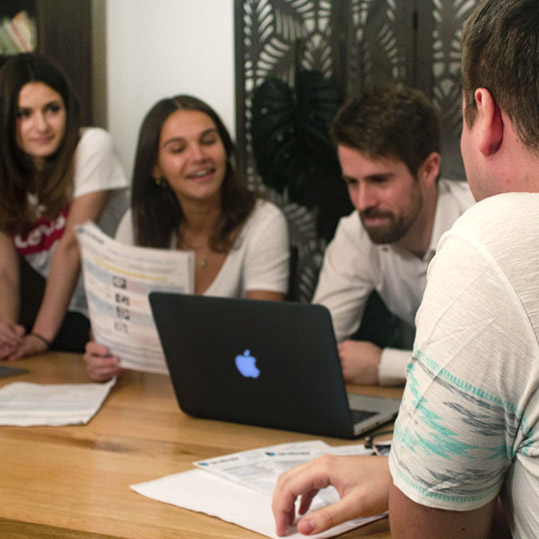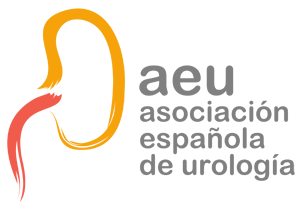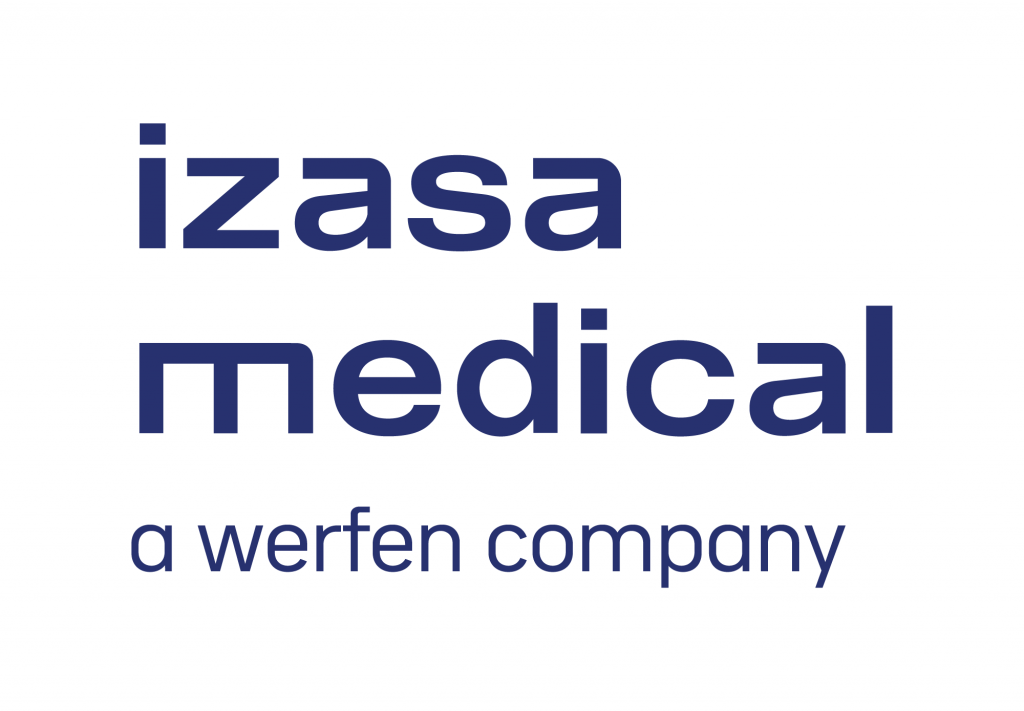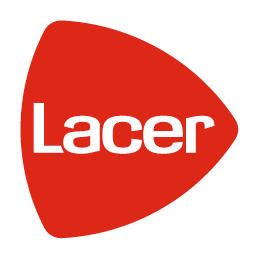Passion for urology
We are a group of residents and young urologists interested in social media, evidence-based medicine, and passionate about urology.
We have in common the desire to continue learning and updating ourselves day by day, and the passion to share with the entire scientific community everything that is useful, so that decision-making in our clinical practice is as easy and accurate as possible.


Specialized material according to your needs.
In the absence of schematic and easy-to-understand material for study and consultation, we embarked on this adventure of creating schematic and practical scientific content to learn and review both the basic and the most difficult concepts of our passion: urology.
Content created specially for you
We address all those people who are interested in learning Urology in a different, fun and simple way.
From medical or nursing students, who are looking for a practical guide to study or review the basic aspects of this specialty for their exams, to residents and urologists who seek to consolidate knowledge, have clinical practice guides or a quick reference for those concepts that are more easily forgotten.

Students
From medicine or other health sciences interested in strengthening the most important concepts of urology for the exams.

Residents
From urology and other specialties to help their decision-making in clinical practice and help with their study.

Urologists
To ensure continuous training and as a reminder of the most important and easily forgotten aspects.

Reach your goals with us
With our UrologyCheatSheets we want to provide different study tools based on the latest scientific evidence to make updating among people related to urology simpler and more practical.
We also seek to help students and residents with the preparation of specific exams, by providing an useful tool for a quick review of the basic specialty concepts.
Latest Sheets
EAU Guidelines on Management of Non-Neurogenic Female Lower Urinary Tract Symptoms III
This cheat sheet outlines key recommendations for managing female lower urinary tract symptoms (LUTS), focusing on stress urinary incontinence (SUI). #FemaleLUTS #EAUguidelines
EAU-ASCO Collaborative Guidelines on Penile Cancer III
New cheat sheet on penile cancer management, focusing on lymph node involvement. It includes recommendations on regional lymph node dissection, pelvic lymphadenectomy, and neoadjuvant chemotherapy for advanced disease. #EAUguidelines
EAU Guidelines on Neuro-Urology II (update)
New Cheat Sheet! Neuro-urology treatments include bladder training, electrostimulation, drugs, catheterization, botulinum toxin, and surgery, focusing on UUT protection, continence, and quality of life. #NeuroUrology #EAUguidelines
EAU Guidelines on Muscle-Invasive Bladder Cancer IV
Here is the new EAU Guidelines Cheat Sheet on #MIBC! It covers adjuvant chemotherapy and immunotherapy roles, recent advancements in metastatic UC treatment, and combination therapy standards like EV + Pembrolizumab. #BladderCancer #EAUguidelines
EAU Guidelines on Urethral Strictures IV
Non-traumatic posterior urethral strictures are managed with options ranging from dilation and DVIU to reconstructive surgery for complex cases. Minimally invasive treatments are first-line, while advanced cases may require salvage procedures or urinary diversion. A
EAU Guidelines on Sexual and Reproductive Health IV
Check out the Cheat Sheet on the treatment of Premature Ejaculation. This guide covers the causes, diagnostic tools, and treatment options.
Hematospermia
Hematospermia, marked by the presence of blood in semen, can be concerning for patients and challenging for clinicians. This sheet summarizes common infectious, traumatic, tumoral, and systemic causes, along with recommendations for assessment and management
EAU Guidelines on Prostate Cancer IV
This Cheat Sheet on the EAU Guidelines for Prostate Cancer outlines key radiotherapy treatments such as IMRT, VMAT, and IGRT for external beam radiation therapy (EBRT). It highlights dose escalation, hypofractionation, and the role of














